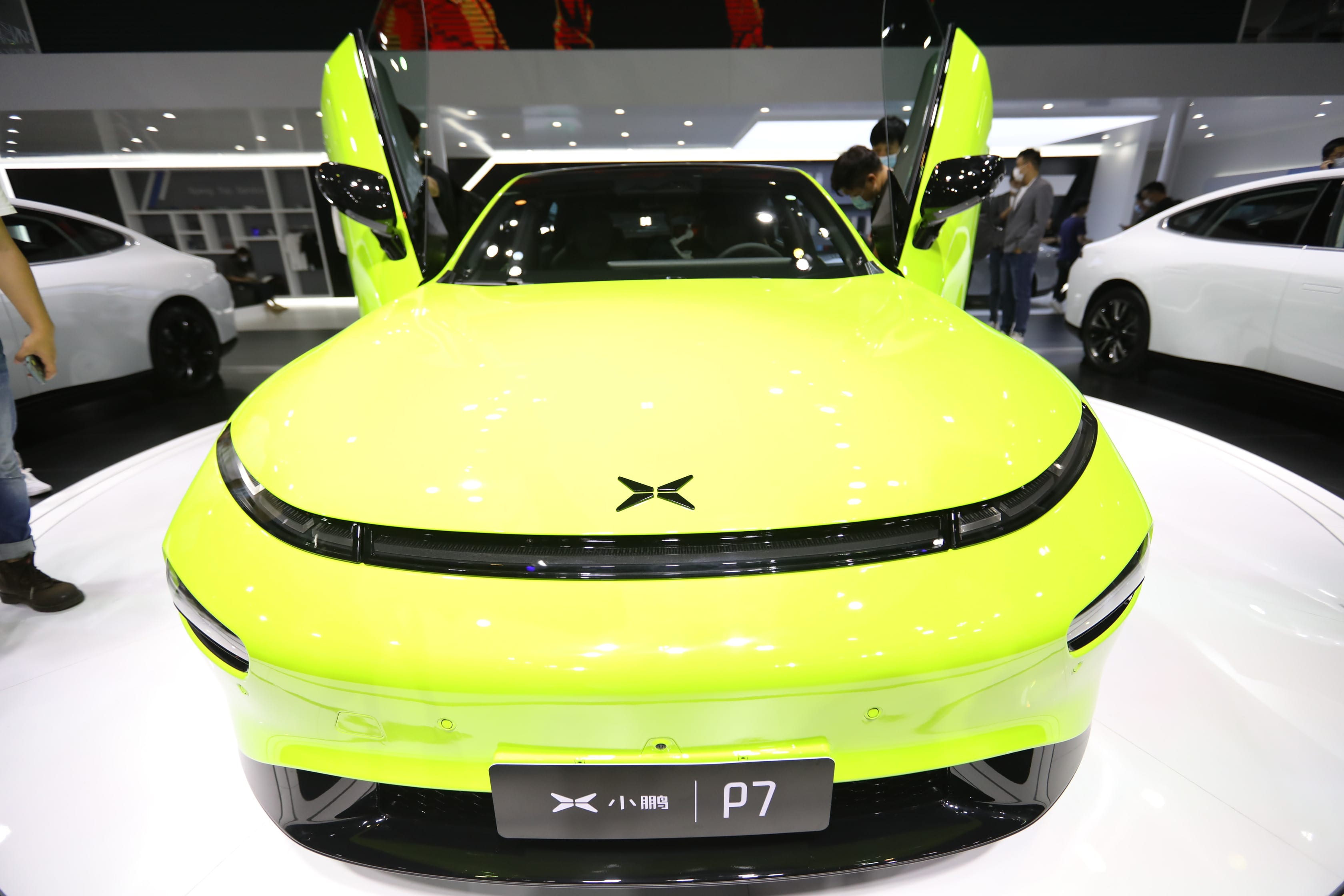
GUANGZHOU, China – Chinese electric carmaker Xpeng Motors is exploring how to make its own semiconductors for autonomous driving to stay ahead of the competition, a company executive told CNBC.
The comments come after technology news website 36Kr reported that Xpeng had assembled a small team to develop semiconductors.
Xinzhou Wu, vice president responsible for autonomous driving at Xpeng, said the company is exploring several technologies, including chips for autonomous driving.
Well, I can’t say too much about that … competition in the Chinese market is fierce … so we’re looking at all the options. What are the best ways to maintain our competitive edge? So far we’ve been doing very well in software Wu told CNBC on Wednesday.
“But in the future we will look at all possible options: how can we make sure that we … win this game,”
When asked if that includes exploring internal chipsets, Wu said, “That’s one of the directions, yes.”
Wu did not provide further details.
Xpeng launched a new electric sedan on Wednesday, the P5. The vehicle is equipped with Lidar or Light Detection and Ranging technology, which uses lasers to map the vehicle’s surroundings.
This is critical to enable some of the P5’s built-in autonomous driving functions.
Currently, the P5 uses chips from Nvidia for autonomous driving and Qualcomm for its digital cockpit in the car.
Xpeng Motors will launch the P5 sedan at an event in Guangzhou, China on April 14, 2021. The P5 is Xpeng’s third production model and features Lidar technology.
Arjun Kharpal | CNBC
Designing its own semiconductors could give Xpeng more control over the integration between its hardware and software.
The company is focusing on developing technology internally as a way to differentiate itself from rivals in the crowded Chinese electric vehicle market. Not only does Xpeng compete with traditional car manufacturers and start-ups, but an increasing number of tech companies such as Baidu and Xiaomi have also entered the fray.
Wu claimed that the P5’s hardware and software and “the usability of its overall features are far more advanced” than its competitors – and that would give the company a “head start”.
Chinese technology companies are increasingly focusing on developing their own semiconductors. Baidu raised money for its chip business last month and Xiaomi unveiled a new chipset for the camera on its latest flagship smartphone.